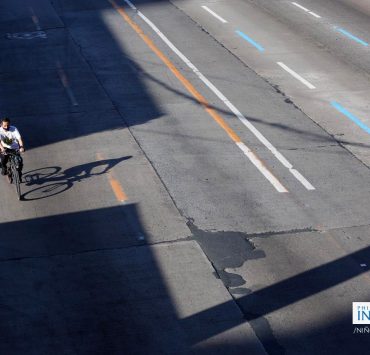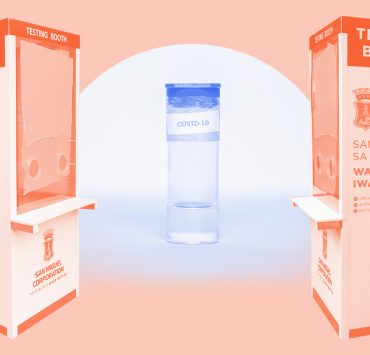Besides the current pandemic and issues on press freedom, it seems like we got one more thing to worry about—temperatures too hot for humans to survive.
According to a 2010 study, the human body can only tolerate a temperature of below 35 degrees Celsius and may suffer hyperthermia if the level of heat exceeds this threshold for extended periods. Although this increase in global temperature wasn’t expected to affect the planet until 2080, a study published last May 8 found that some countries already experience deadly humid heat.
Large portions of South Asia, coastal Middle East and coastal southwest North America are now affected by these sweltering conditions—and so is the Philippines. Since the onset of the dry season last April, the temperature in Metro Manila has never gone below 29 degrees Celsius. As of writing, the highest temperature in the country hit 40.1 degrees Celsius and was recorded in Isabela last May 9.
Pumalo sa 40.1°C ang air temperature sa Echague, Isabela kahapon, 9 Mayo. Ito ang pinakamataas na recorded temperature so far ngayong tag-init.
PAALALA: Dalasan ang pag-inom ng tubig at bawasan ang physical activities sa tanghali/hapon para maiwasan ang heat stress. Ingat po! pic.twitter.com/eQFfDsNYJt
— PAGASA-DOST (@dost_pagasa) May 10, 2020
With this alarming rise in temperature, the Philippine Atmospheric, Geophysical and Astronomical Services Administration warned the public of heat-related illnesses. Even our pets are susceptible to heat stroke.
[READ: Avoid heat stroke: Here’s how to keep cool during the hotter days]
If current global warming trends continue, around three billion people—especially vulnerable communities and families below the poverty line—may have to suffer Sahara Desert-like temperature in 50 years. In no time, extreme humid heat could become our new normal.
Although it hasn’t been proven, many scientists see this extreme condition as a potential cause of economic issues. Surviving the heat would mean minimized outdoor labor—affecting farming, fishing and other agricultural work. This may also cause mental health problems due to inability to sleep.
Header photo courtesy of Josh Carter on Unsplash
Get more stories like this by subscribing to our weekly newsletter here.
Read more:
Six weeks of remote learning, part of DepEd summer classes guidelines amid COVID-19
Just as good as water: Fruits to keep you hydrated this summer
10 ways you can stay cool at home without cranking up the AC
Writer: KLEO CATIENZA




